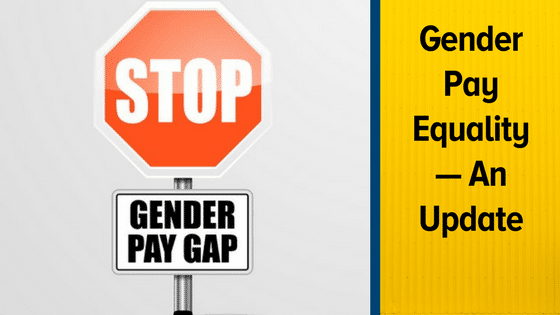Workplace gender pay equality (or the lack thereof) is often in the news, so we look for (hopefully) reliable new information. Last December we found something about C-suite equality (https://proficientsourcing.com/gender-equality-boardroom-not-much/) and just this week we found another. Our guess is many of you have had experience with salary negotiations during job interviews, so this one may be of particular interest. We hope so.
The September 5, 2017, article in the Harvard Business Review, “Why Banning Questions about Salary History May Not Improve Pay Equity” begins with this:
“Last year, Massachusetts passed the first law in the U.S. banning employers from asking job candidates about their salary history. Since then, several other cities and states have followed suit or are considering similar legislation. The topic has sparked some heated debates and even resulted in a lawsuit in one city, brought by the Greater Philadelphia Chamber of Commerce.
“The intent of this type of legislation is to address the gender gap by ensuring that low pay doesn’t follow women from job to job and compound over time. … What [a consulting firm] found [from a survey to better understand the relationship between the salary history question and the gender pay gap] surprised us and almost everyone … from career counselors to gender equity advocates to employers and employees who thought they were doing things right.”
The survey in question asked over 15,000 job seekers about their experience with job interviews. Specifically if revealing salary history resulted in any difference in the salary eventually offered. What was discovered is that salary disclosure apparently had little effect. Bottom line: “…this study revealed that a woman who was asked about her salary history and refused to disclose was actually offered 1.8% LESS than a woman who was asked and did disclose. Meanwhile, if a man refused to disclose when asked about salary history, he received an offer that was 1.2% HIGHER than a man who did”.
What this survey suggests is that refusing to reveal salary history has little effect on eventual salary outcomes, and that the legislation has been relatively ineffective. Yet, the article continues as if the results suggest a significant difference for men and women in job interviews.
The survey company, PayScale, https://www.payscale.com/, offers two hypotheses for a difference in job interview/salary results for men and women:
1) “People react negatively when women negotiate for higher pay”. The PayScale “knows” from numerous studies “that women face a social cost that men do not when they initiate salary negotiations”. Surprisingly, this occurs even if the other person in the negotiation is also a woman. These studies suggest women are penalized for signaling an intent on negotiating salary, while men are not.
2) According to PayScale, the fact that a pay gap still exists for women is “well documented; most hiring managers are likely aware of this issue”. So if someone refuses to disclose salary history, perhaps it suggests in the case of a woman, that her pay had been low. So what all this means is that salary information refusal may lead the interviewer to conclude a woman had a low salary, which might negatively affect what was offered.
As noted above, this article seems to conclude both sides of this issue. The percentage change noted is clearly pretty small and refusers were offered 1/8% LESS, yet the article concludes with this: In our study, both male and female refusers tended to earn more in their current jobs than the candidates who revealed their salary history, regardless of whether they were asked or volunteered the information.”
Nonetheless, this is a most interesting subject, and the whole article can be viewed at https://hbr.org/2017/09/why-banning-questions-about-salary-history-may-not-improve-pay-equity.


